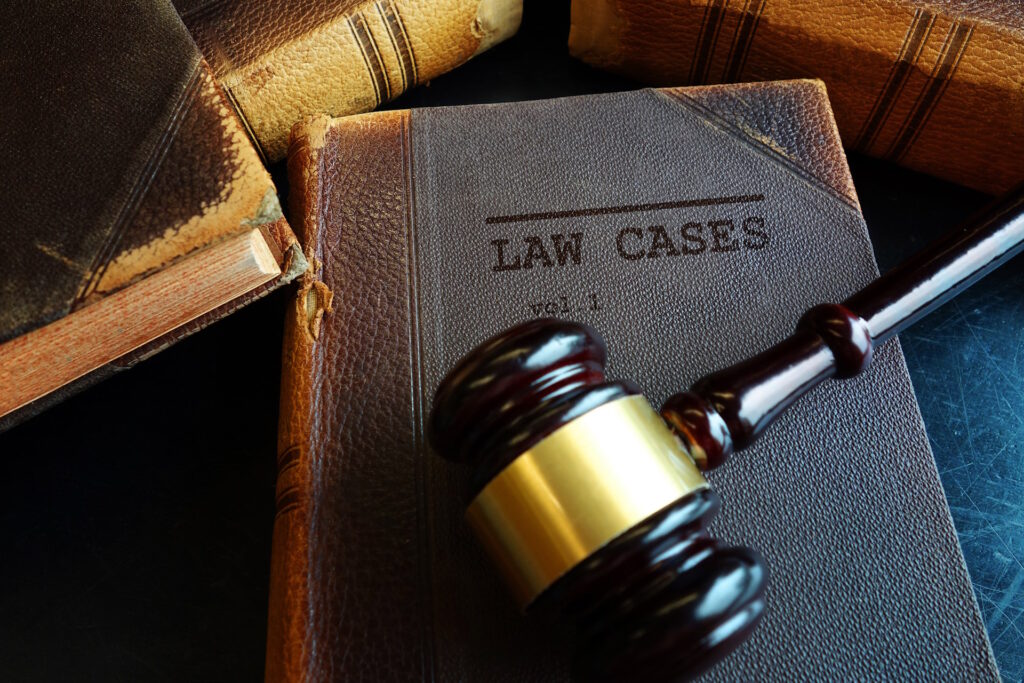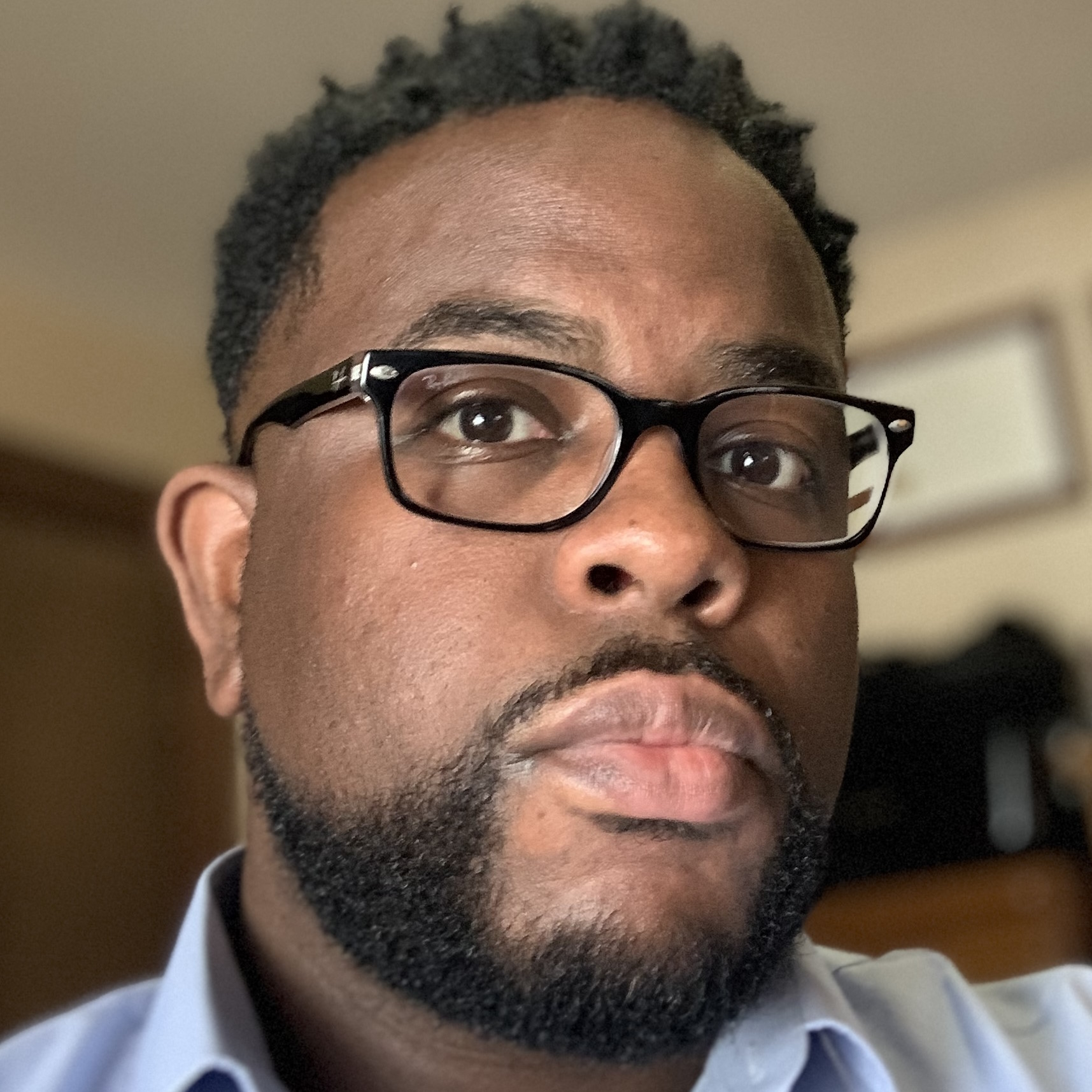Federal courts continue case-specific approach to contested remote depositions.
July’s installment of Devising Depositions: Readback’s Monthly Meet and Confer focused on the shifting burden federal courts apply to disputed Rule 30(b)(4) motions for remote depositions. In short, the moving party must first demonstrate a legitimate purpose for the request, shifting the burden to the opposition to show a prejudicial impact worthy of a protective order. However, the tricky part in this analysis rests with how a particular court might weigh such competing arguments. Is COVID-19 still a valid reason to grant a motion for remote depositions over objection? What about financial hardship? How might third parties such as expert witnesses play a role in determining the fate of a would-be remote deposition? Courts may have settled on a two-step analysis to grant or deny competing motions for remote deposition and protective orders. But the varied circumstances offered in support and opposition to Rule 30(b)(4) motions have resulted in a case-by-case approach to contested remote depositions.
A look at the case law suggests that, failing a show of particularly burdensome circumstances, courts are generally comfortable granting motions for remote depositions. Several years of experience navigating the COVID-19 pandemic has seemingly left a favorable impression on the courts’ views of remote technology to safeguard health concerns and save participants valuable time, costs, and resources. The bar to legitimize a 30(b)(4) motion appears to be reasonably tied to real-life matters of access, availability, and efficiency. However, this does not mean a motion for protective order is dead on arrival. Particular concerns regarding the need to examine voluminous amounts of documents during the proceeding and the need to fully assess the credibility of a key expert witness are two examples that, given case circumstances, have proven worthy of a protective order against remote deposition. With this in mind, let’s take a look at two recent cases out of the Ninth Circuit to address some of these issues.
In Lewis v. CoreCivic of Tennessee, LLC, the U.S. District Court for the Southern District of California weighed a movant’s COVID-19 concerns in support of a 30(b)(4) motion against the respondent’s desire for an in-person deposition. Despite acknowledging the legitimacy of COVID-19 in favor of a remote deposition, the court nonetheless determined that this justification did not outweigh competing concerns to, not only properly assess the credibility of a unique expert witness, but also examine a voluminous amount of exhibits in person. The court quoted case precedent supporting a case-by-case analysis with respect to COVID-19:
“‘Although remote depositions have become more common since the COVID-19 pandemic, this is ‘not an indication that the Court intends to allow parties to use COVID-19 as carte blanche to avoid in-person depositions. Such matters must be determined on a case-by-case basis.’’
The court went on to discuss how this case presented particular circumstances, citing the need to examine a “critical” expert witness as part of a “document-heavy” deposition, thus warranting an in-person deposition:
“Specifically, Dr. Carroll is the only designated expert witness in the case, which makes his credibility critical. (ECF 49 at 2.) Deposing him in person rather than remotely would presumably allow Plaintiff to better appraise his credibility before trial. In addition, the deposition of Dr. Carroll will be document-heavy, involving reference to hundreds of medical records, which would make the deposition much more efficient if done in person rather than remotely. (Id.) Dr. Carroll’s office is also near the office of counsel for Plaintiff. (Id.)”
But whereas courts may be hesitant to grant “carte-blanche” Rule 30(b)(4) motions on the basis of COVID-19, this does not deny the fact that the past few years have shifted perceptions on the value and appropriateness of remote depositions in a new, post-pandemic normal. In Henry v. Tacoma Police Department, the U.S. District Court for the Western District of Washington granted a 30(b)(4) motion for a remote deposition, citing financial considerations and determining that respondents failed to provide an argument for prejudicial impact. In its decision, the court quoted case precedent with respect to the normalcy of post-COVID-19 remote depositions and the shortcomings of pre-COVID-19 analysis:
“Defendants rely on pre-pandemic authority, but over the past few years, ‘video conferencing has become a standard means of taking depositions.’ [Wag Hotels, Inc. v. Wag Labs, Inc., No. 20-cv-01326-BLF (VKD), 2022 WL 4133297, at *2].; see also Vargas, 2022 WL 856991, at *1 (the pandemic has rendered remote depositions routine ‘as attorneys and litigants have adapted to new ways to practice law.’). The Court does not suggest that remote depositions, particularly of a party or key witness, will always be appropriate, but one is warranted here in light of Mr. Henry’s financial circumstances and the lack of prejudice to Defendants.”
 This case-by-case approach to motions for remote depositions brings with it cautious optimism that the legal profession will continue to embrace remote technology. Courts have grown increasingly familiar with remote depositions and appear to require particularly burdensome circumstances to grant a protective order in light of legitimate, common-sense support for a Rule 30(b)(4) motion. This trend as well as recent case law (including Henry v. Tacoma Police Department) served as the topic of conversation for episode 126 of the podcast 10,000 Depositions Later Podcast where renowned litigation attorney, Jim Garrity, examined The Increasingly Poor Odds of Forcing Even Parties to Travel for In-Person Depositions.
This case-by-case approach to motions for remote depositions brings with it cautious optimism that the legal profession will continue to embrace remote technology. Courts have grown increasingly familiar with remote depositions and appear to require particularly burdensome circumstances to grant a protective order in light of legitimate, common-sense support for a Rule 30(b)(4) motion. This trend as well as recent case law (including Henry v. Tacoma Police Department) served as the topic of conversation for episode 126 of the podcast 10,000 Depositions Later Podcast where renowned litigation attorney, Jim Garrity, examined The Increasingly Poor Odds of Forcing Even Parties to Travel for In-Person Depositions.
When it comes to scheduling your next remote deposition, it helps to choose a service that appreciates the current trends toward remote technology and increased efficiency. Readback is a remote, non-stenographic deposition service that uses state-of-the-art technology combined with human safeguards to empower attorneys to achieve their best performance. Readback’s patented speech-to-text technology creates the record while a team of human transcribers ensure a verbatim record. The entire proceeding is directed by a human Guardian to oversee the process, read back testimony, and handle exhibits. Readback’s premier service, Active Reporting, provides certified transcripts in one day, rough drafts in one hour, and access to near-time text during the proceeding. Want to learn more? Visit our Newsroom to see how Readback is making waves in the legal industry. And take a moment to listen to Readback’s Chief Legal Officer, Dean Whalen, discuss remote depositions with Jim Garrity on 10,000 Depositions Later, episode 87.
* Disclaimer: Readback is neither a law firm nor a substitution for legal advice. This post should not be taken as legal opinion or advice.



